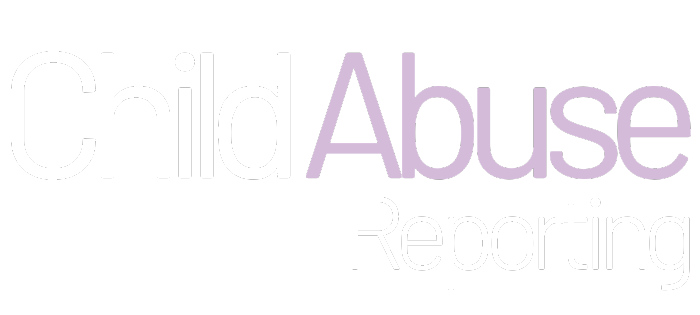If a report is made to the Child Abuse Hotline and an investigation is made, this does not guarantee that a child will be removed from the home. In fact, children are rarely removed from homes and placed into protective custody.
The CPS caseworker will only remove the child if the child is in imminent danger of harm.
A CPS investigation involves interviewing the parents or persons legally responsible. The child, siblings, another household member, and other involved adults are also interviewed. The child may be examined for physical signs of abuse or neglect. The CPS caseworker also contacts the mandated reporter who initiated the call. State Law also provides protection for the rights of parents or others legally responsible for the child.
Finally, a determination will be made of whether the report is indicated or unfounded, depending on whether there is enough evidence of abuse or neglect. If abuse or neglect is proven, a Service Plan for the family will be put into place. CPS will monitor the execution of this plan.
(www.dorightbykids.org/what-happens-after-i-call/)
Definition:
Imminent Danger
An immediate, serious danger to a child’s life or health; a threat that is close in terms of time and space
In Depth:
What questions should I ask?
WHY ask questions
Because your work brings you in contact with children and their families, you are in a unique position to help protect children who are being abused or neglected. This is why state law requires that you report any reasonable suspicion of child abuse or neglect. A child may be willing to show or tell you more than he or she would tell anyone else.
HOW to ask questions
Two kinds of questions are recommended when you talk with children about child abuse or neglect. Each has a different purpose. When you are asking a child about something that could be awkward, uncomfortable, embarrassing, shameful, or sensitive, open-ended questions give you the best chance of getting the whole story. When you need specific facts, who, when, and where, closed-ended questions are useful.
WHEN To Ask Questions
Use screening questions when you are doing a routine intake assessment of a child or adolescent. Many mandated reporters feel uncomfortable asking screening questions about child abuse. However, many children who are being abused or neglected do not show any indicators. Increasingly, professional organizations such as the American Academy of Pediatrics are encouraging professionals to use screening questions about abuse and neglect routinely in their intake procedures.
Use targeted questions when you see an indicator that could be the result of child abuse or neglect.
Regardless of whether you’re asking for routine screening or you see an indicator, always start with open-ended questions, and then ask closed-ended questions.
Screening Questions for Routine Intake Assessment
You should use screening questions to routinely ask about abuse and neglect. Screening questions should be asked of both parents and children. Most mandated reporters, regardless of where they work, perform some kind of routine intake assessment—for example, as a child enters a new school, as part of a medical examination, or as part of case management services. Screening questions about child abuse and neglect can be added to your assessment form. You can learn to ask these questions in a gentle, non-threatening manner.
Screening questions should be asked in a way that does not create lasting anxiety or fear. If possible, alternate between questions that could uncover abuse, and questions about more conventional subjects, keeping the interview positive and informational. If children describe situations that could be related to abuse or neglect, be sure to avoid placing blame, accusing, or making the child feel shame for what has occurred.
Begin your assessment with open-ended questions. If your questions are answered in a way that makes you wonder, you may need to follow with closed-ended questions that must be answered with simple statements of fact. The following questions are examples and should be tailored to your setting.
Targeted Questions When You See An Indicator
You should ask targeted questions when you notice an indicator because the presence of an indicator by itself, is not enough to lead you to call the Child Abuse Hotline. You will need to gather additional information to help you decide whether you have a reasonable suspicion that the indicator is the result of abuse or neglect. If the information you gather raises a reasonable suspicion in your mind, you should call the Hotline.
If indicators are present, mandated reporters are NOT expected or advised to conduct a formal, exhaustive investigation with the child. Targeted questions will help you get to the facts about the specific indicators you have observed. By asking questions, you can begin to determine whether you believe that the circumstances surrounding the child’s injury or behavior warrants investigation by CPS.
Begin your conversation with an open-ended question, allowing the child to tell you the story of his or her indicator. You may need to follow with closed-ended questions that must be answered with simple statements of fact.

